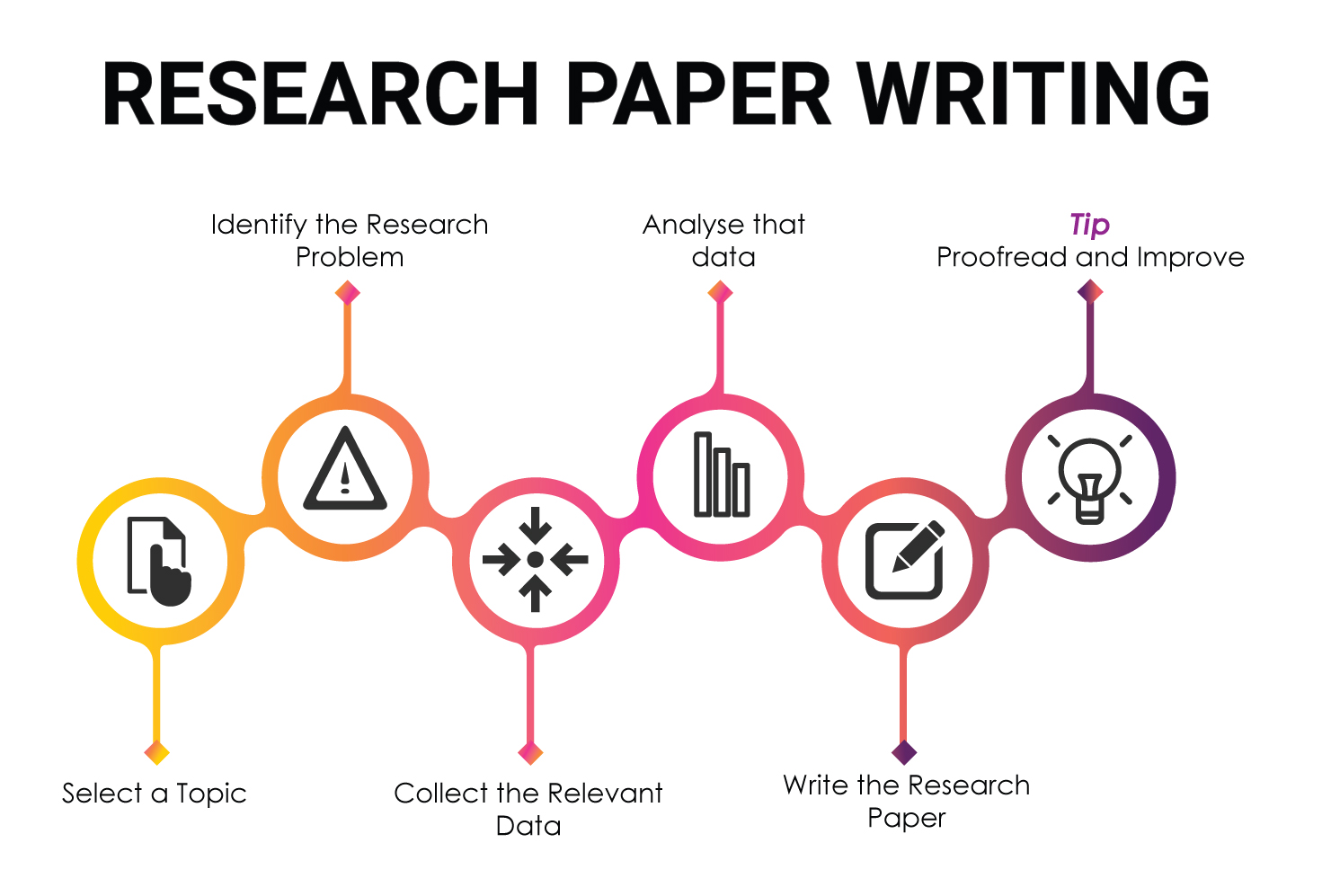What are democratic rights in India?
What are democratic rights in India?
There are six fundamental rights (Article 14 – 32) recognised by the Indian constitution : the right to equality (Articles 14-18), the right to freedom (Articles 19-22), the right against exploitation (Articles 23-24), the right to freedom of religion (Articles 25-28), cultural and educational rights (Articles 29-30) …
How many democratic rights are there in Indian Constitution?
six fundamental rights
The Constitution guarantees six fundamental rights to Indian citizens as follows: (i) right to equality, (ii) right to freedom, (iii) right against exploitation, (iv) right to freedom of religion, (v) cultural and educational rights, and (vi) right to constitutional remedies.
What are the 7 rights of India?
Seven fundamental rights were originally provided by the Constitution – the right to equality, right to freedom, right against exploitation, right to freedom of religion, cultural and educational rights, right to property and right to constitutional remedies.
What type of democratic is India?
India is a Sovereign Socialist Secular Democratic Republic with a Parliamentary form of government which is federal in structure with unitary features. There is a Council of Ministers with the Prime Minster as its head to advice the President who is the constitutional head of the country.
Which three rights should every citizen?
<span lang=”EN-US</b>
- i. Citizens should be free to express their opinion in public, to form associations, to protest and take other political actions.
- ii. They should be equal in the eyes of the law.
- iii. There rights must be protected by an independent judiciary whose order are obeyed by everyone.
What kind of democracy is there in India?
There are two kinds of democracy – Direct and Indirect. In Switzerland there is direct democracy where the head of the State is directly elected by the people. While, India is indirect democracy, the Government is formed by peoples’ representatives elected as members of Parliament and such elected representatives choose the Prime Minister.
Is the right to information a fundamental right in India?
Right to information has been given the status of a fundamental right under Article 19 (1) of the Constitution in 2005. Article 19 (1) under which every citizen has freedom of speech and expression and the right to know how the government works, what roles it plays, what its functions are, and so on.
Are there any fundamental rights in a democracy?
We live in a democratic system. And this democracy provides us with some right. But what are these right? How many rights do we have? What are fundamental rights? Let’s find out more about the Democratic Rights in the section below.
Why is India considered as a flawed democracy?
Possible reasons for this could be the party stability, absence of party organisations, independent civil society associations that mobilise support for the parties and centralised financing of elections. The Economist Intelligence Unit generally rates India as a “flawed democracy”, and continues to do so as of 2020.
